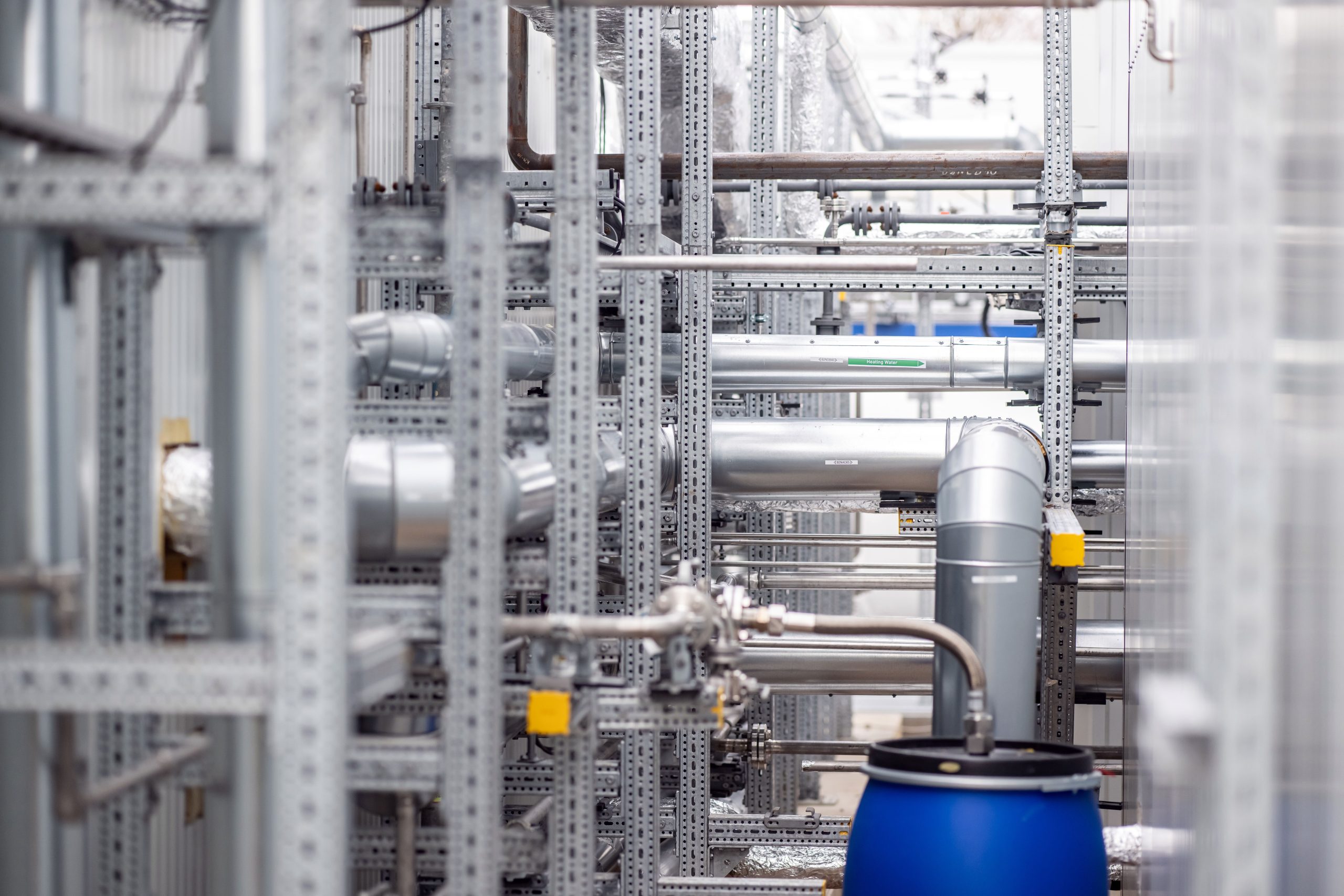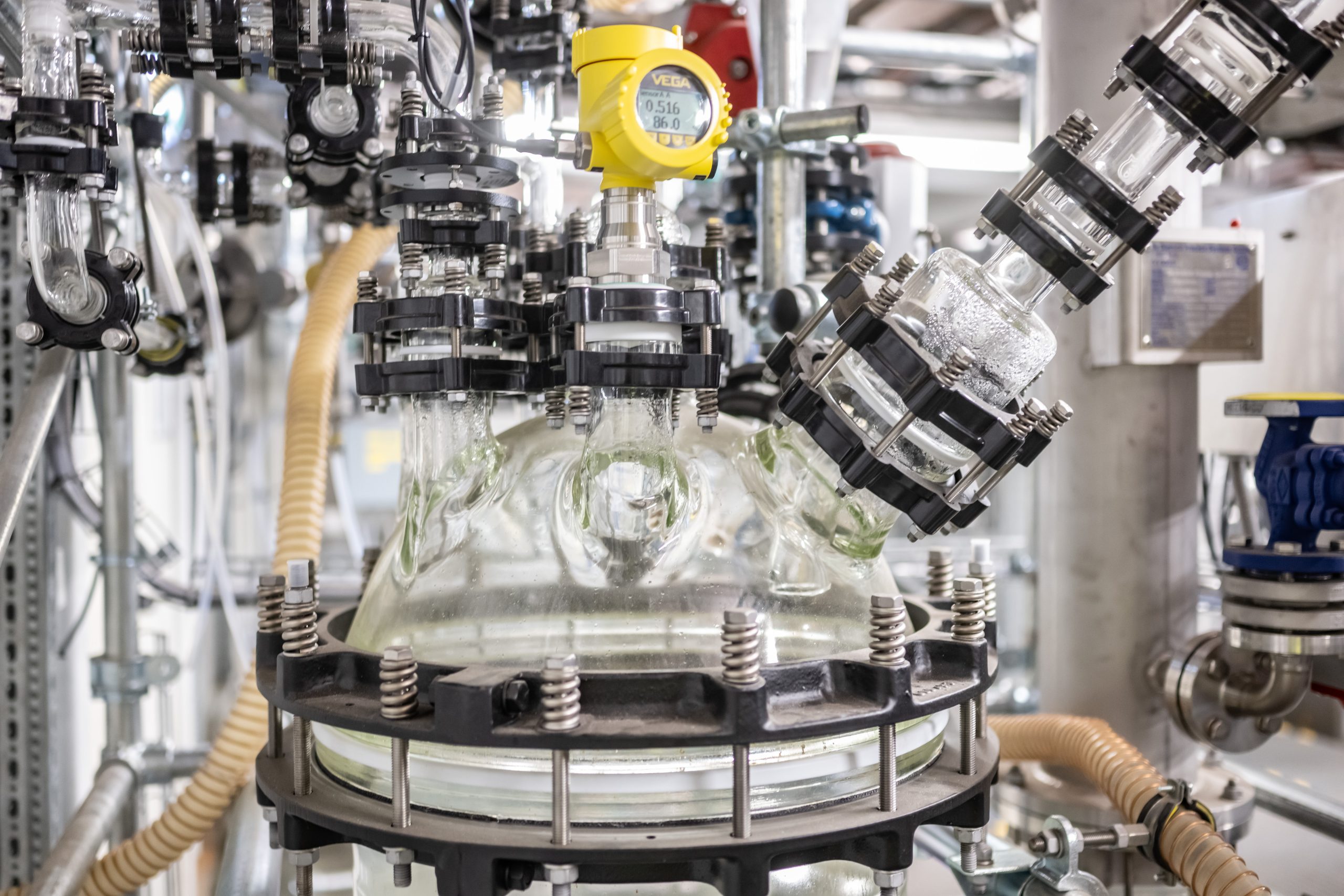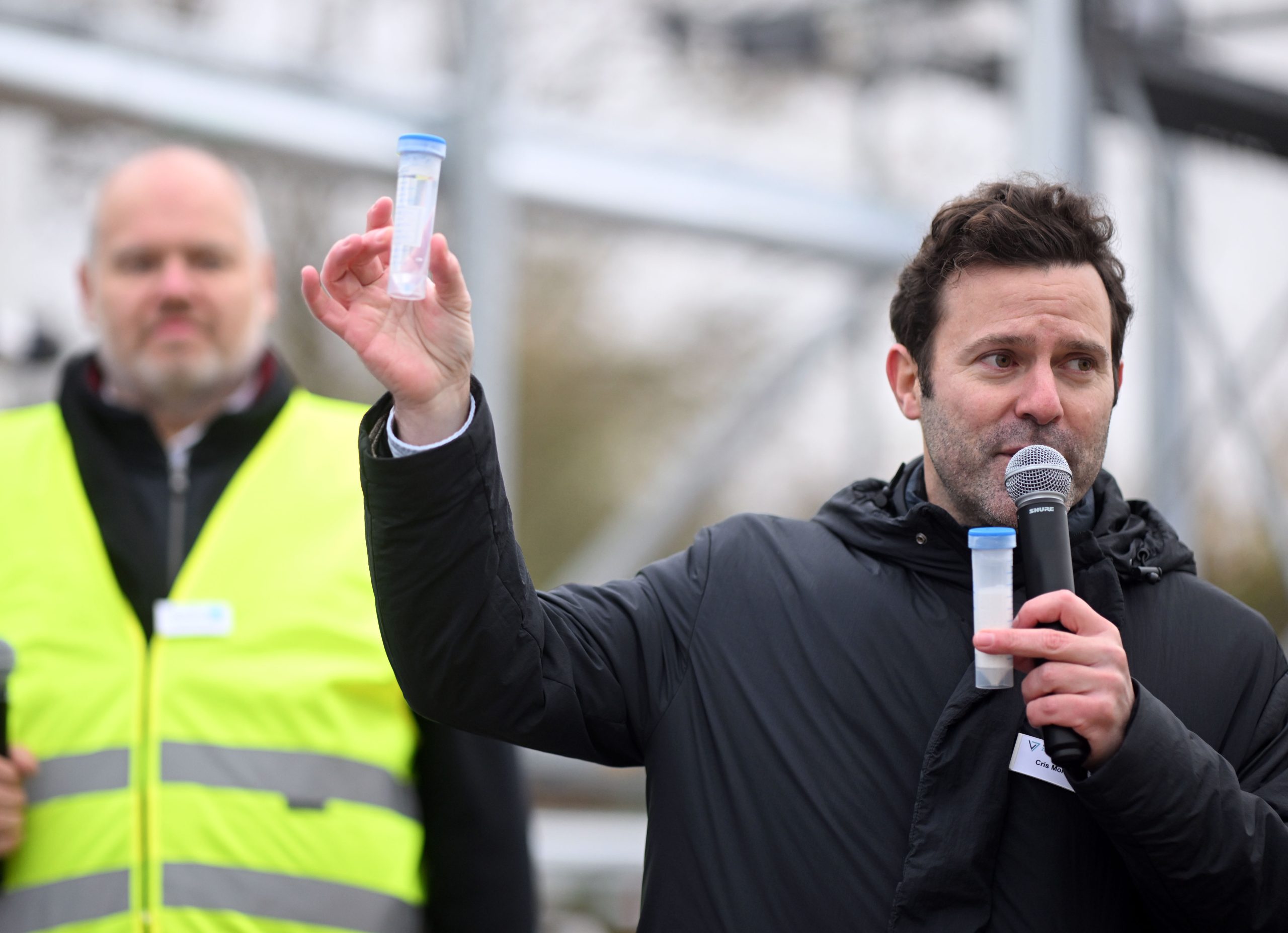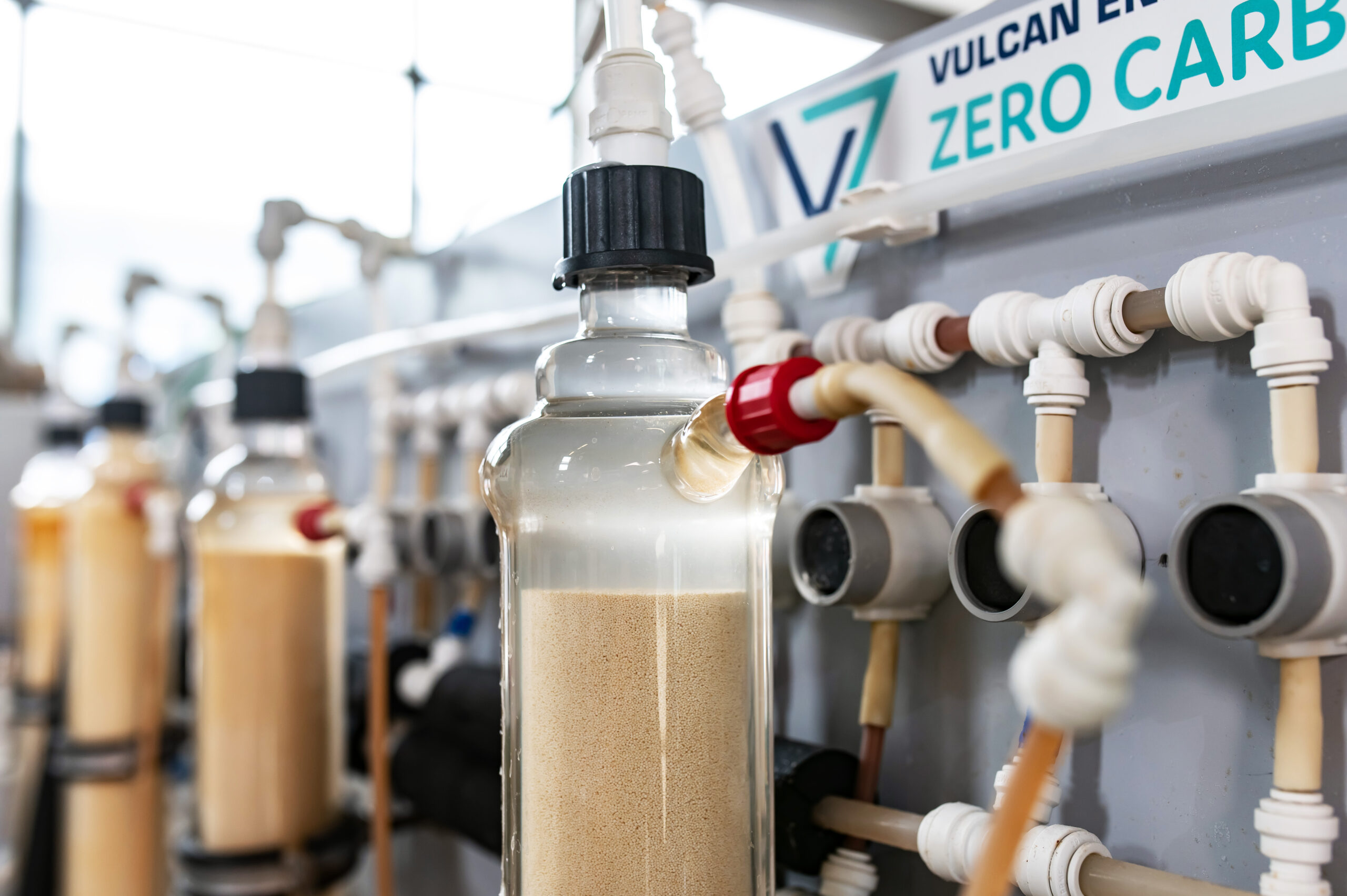
Technology asset for Vulcan: VULSORB®.
To efficiently produce lithium from the subsurface brine, Vulcan has developed its own in-house aluminate-based sorbent VULSORB® to capture the lithium before the brine is returned to the subsurface. VULSORB® has the potential to be a technology asset for Vulcan and is a testament to our team’s commitment to build value in-house. VULSORB® uses and improves on the same A-DLE technology that has been used commercially for over two decades, and currently accounts for 10% of global lithium production.
In-house sorbent: VULSORB®
Vulcan has successfully developed, tested, and demonstrated its own in-house lithium extraction sorbent VULSORB®. The aluminate-based sorbent shows higher performance and lower water consumption for lithium extraction compared to commercially available sorbents. To achieve better optimisation, create IP value in-house and control over its process and supply chain, Vulcan has developed its own proprietary sorbent, VULSORB®, which is synthesised via a standard 3–step process. This highlights Vulcan’s strong passion for innovation and underlines the Company’s pioneering spirit. Based on test results achieved, Vulcan decided to use a sorbent with lithium aluminate intercalate structure for the A-DLE process.
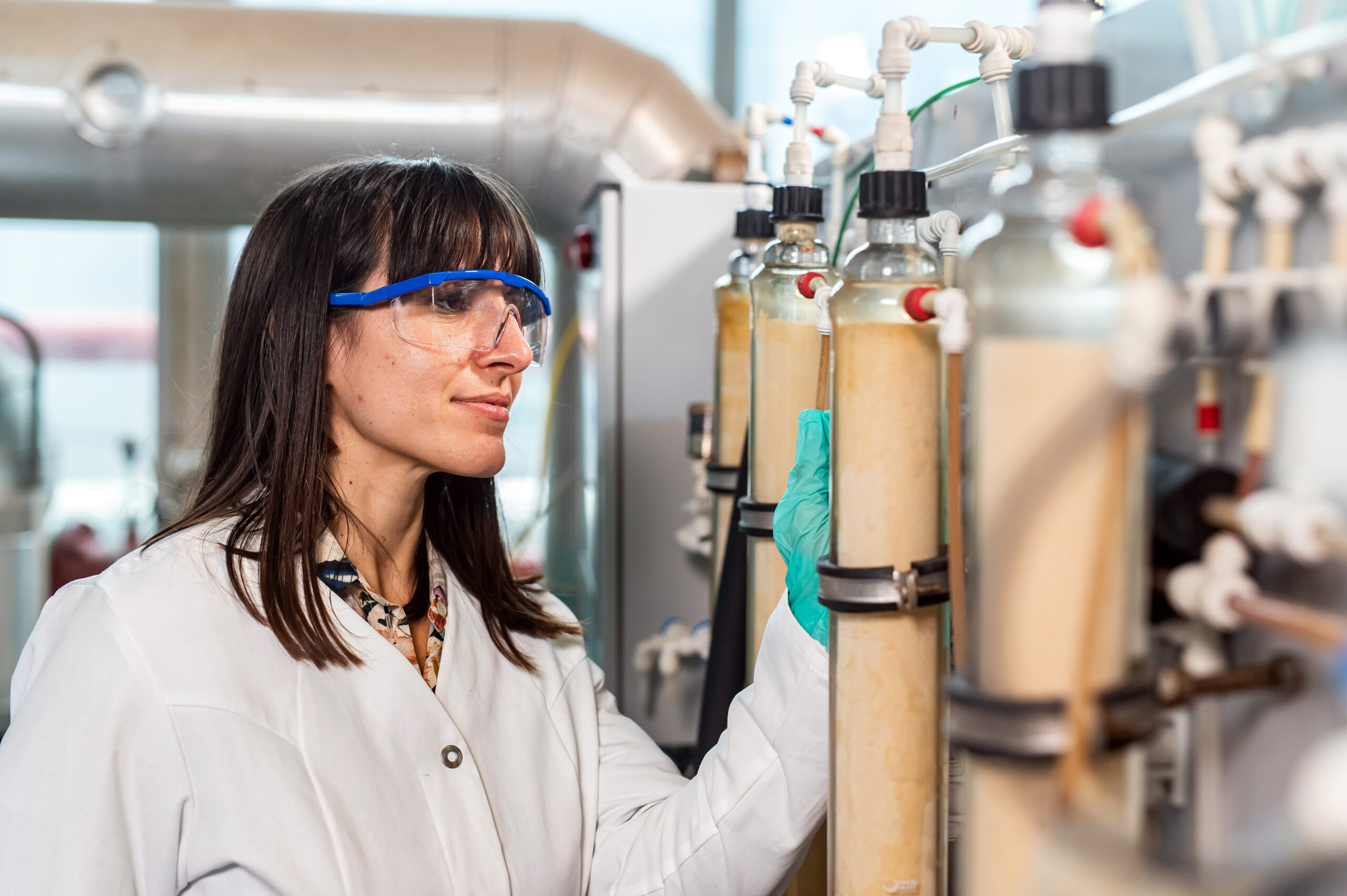
This is Self-developed.
De-risking A-DLE on Upper Rhine Valley Brine Our activities.
- Technology selected in scoping work 2018-2020.
- 3 years of in-house laboratory testwork successfully completed 2021-2023.
- Technology de-risked on our brine chemistry (i.e., salinity, Li content, chemical composition, temperature) at multiple producing well sites.
- Pilot Plant PP1 is operational since spring 2021. Lithium hydroxide “better than battery grade” already produced.
- 5000+ cycles in 2 ½ years of stable, non-stop operation.
- Larger Pilot Plant P1A in operation since fall 2022, with total 2000+ cycles of operation.
- Data from pilot plants used to optimise and complete engineering design for Definitive Feasibility Study and Bridging Phase.
Ready to move into execution, construction and operation of commercial plant.
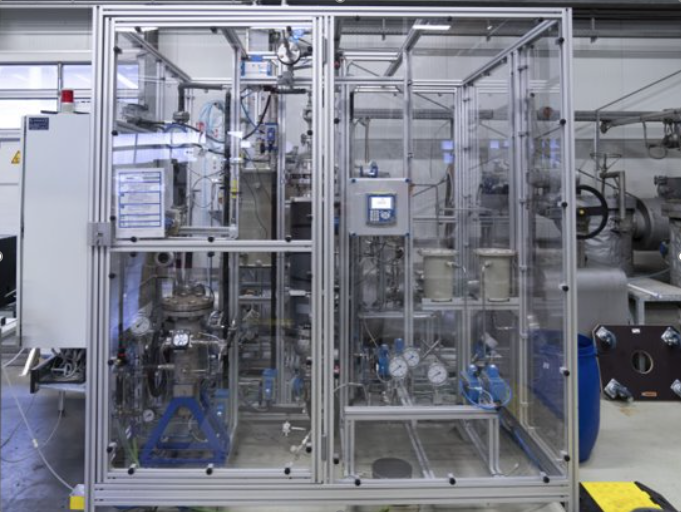
Learn more About the topic.
As part of our integrated project, we use the deep geothermal energy of the Upper Rhine Graben both for renewable energies and for ZERO CARBON LITHIUM™. We are therefore doing our utmost to provide information about deep geothermal energy. Here you can find further interesting links on the topic.
Since 1991, the German Geothermal Energy Association has made an effort to inform the public about all aspects of geothermal energy and deep geothermal energy. Here you will not only find the latest news and exciting key figures, but also relevant questions about geothermal energy in your home, groundwater protection or insurance in the event of damage.
The State Geothermal Research Center has worked with experts from various fields to provide comprehensive answers to many questions on deep geothermal energy. Easy-to-understand summaries and clear illustrations for each area make the program accessible to everyone.
The Rhineland-Palatinate State Office for Mining and Geology can provide special insights into regional geothermal energy and current projects. It also offers services such as the state earthquake service, or explains legislation that is not only essential for us, but can also provide you with valuable background knowledge.
